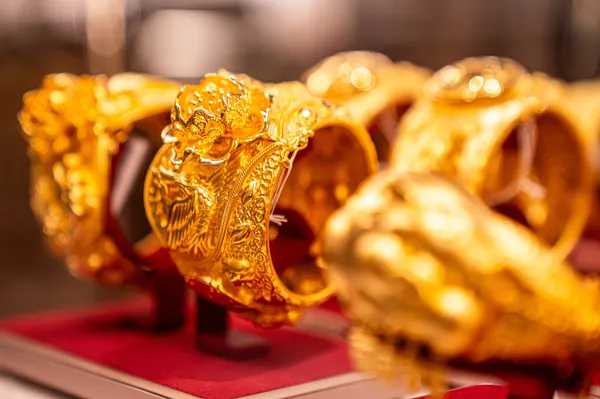
The price of gold remains steady at around $4,000 an ounce. This follows China's decision to end a long-standing tax rebate for certain retailers, a move that could potentially impact demand in one of the world's largest precious metals markets.
China's tax incentive changes could have far-reaching implications for gold prices globally. The country is the world's largest consumer of the precious metal, and any significant changes in its market can ripple across the globe.
For investors and small business owners, this could result in a notable shift in global gold prices, which could influence investment decisions and strategies. For policymakers, understanding these shifts and their underlying causes is crucial for making informed decisions about economic policy and international trade.
While China's decision to end these tax rebates could put downward pressure on gold prices, other factors are also at play. For instance, the ongoing geopolitical tensions and economic uncertainty globally can also impact gold prices.
In conclusion, while the immediate impact of China's tax incentive changes on gold prices is unclear, the long-term implications could be significant. Investors, small business owners, and policymakers should closely monitor these developments and adjust their strategies accordingly.

 Next
Next
Comments (0)
Leave a comment